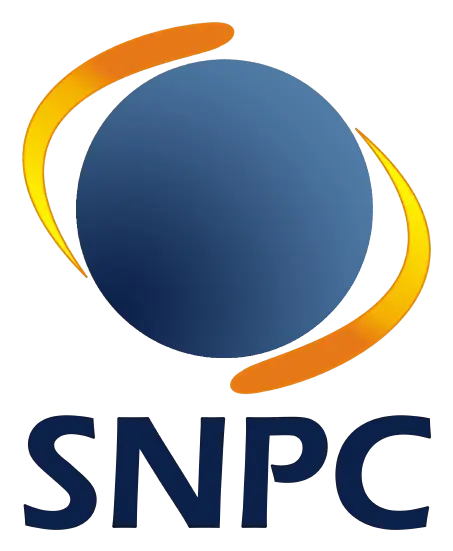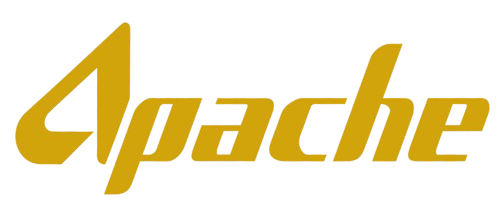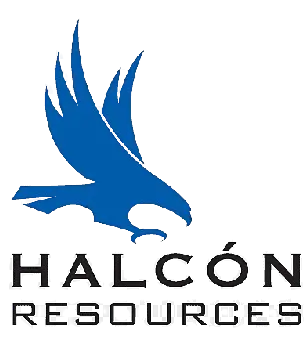All Courses
Use the filter below to navigate our courses
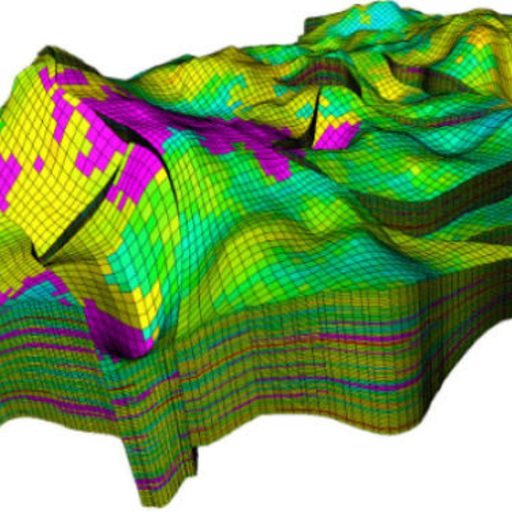
Description:
This course aims to cover the fundamental aspects of reservoir engineering with an emphasis on interaction with the other subsurface disciplines. The course provides an apprehension of reservoir engineering processes thereby improving integration and understanding between the different subsurface disciplines. The curriculum will be based on relevant case studies and is accompanied by practical field examples.
Contents:
- Reservoir Geology
- Reservoir engineering overview
- Fundamentals of reservoir fluid properties: fluid types, phase behavior, correlations
- Fluid Flow in Porous Media: Darcy’s law
- Fundamentals of reservoir Rock Properties: porosity, wettability, capillary pressure, permeability, relative permeability
- Fluid statics and fluid distribution
- Reservoir Drive Mechanisms
- Well performance
- Recovery Types
- Hydrocarbon volumetric
- Probabilistic reserves estimation
- Material Balance Concepts
- Decline Curve Analysis concepts
- Principles of transient well test analysis
- Enhanced Oil Recovery
- Reservoir Simulation and Management
- Economics of Reservoir Development
Designed For: All technical staff who are working closely with reservoir engineers.
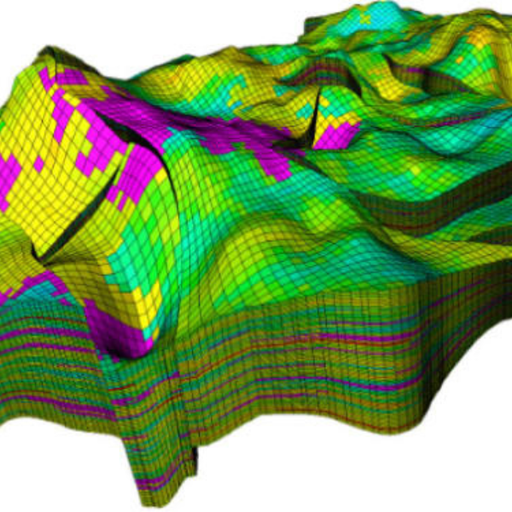
Description:
This course will present the various reserve estimating methodologies, elaborate the difference between resources and reserves. It will also explain the classifications and definitions of these reserves and resources, along with a guideline for the application of these definitions. PRMS, SPE, WPC, AAPG, SEC, and other guidelines will be discussed.
Contents:
- Classifications and definitions of reserves and resources.
- Deterministic and probabilistic definitions.
- Reserves estimation methodologies
- Classifications and definitions of reserves and resources.
- Deterministic and probabilistic definitions.
- Reserves estimation methodologies
Designed For: Reservoir engineers, Production engineers, Geologists, Geophysicists, Economists, Facilities engineers, asset managers
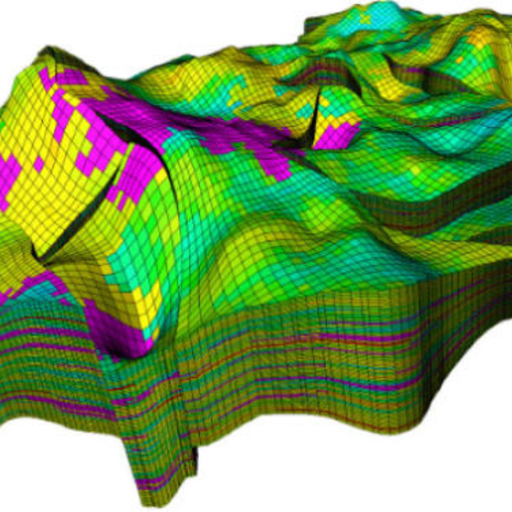
Description:
This course introduces a comprehensive overview of the basic principles and techniques of reservoir engineering, including methods on how to calculate the original hydrocarbon volumes in place, reservoir pressures, PVT for fluid characterization, material balance, Darcy’s law, radial flow, well inflow equations and well testing fundamentals. The curriculum will be based on relevant case studies and is accompanied by numerous training exercises and practical field examples.
Contents:
- Petroleum Geology
- Introduction to Reservoir Engineering- key concepts and objectives
- Reservoir Drives and Reserves Determination
- Rock properties
- Fluid Properties
- Well production Performance
- Well Testing
Designed For: Petroleum Engineers, Reservoir Engineers, Production and Operations Engineers, Petro physicists, Geophysicists, and Geologists
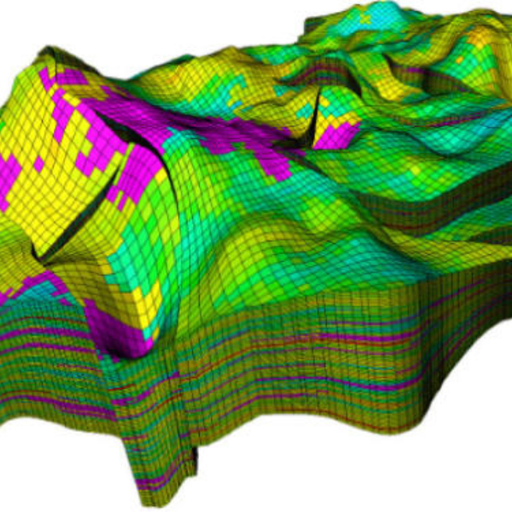
Description
This course introduces the basics of reservoir fluid properties, phase behavior and fluid sampling. Along with PVT reports and laboratory experiments, PVT properties interpretation, EOS modeling and data preparation for reservoir simulation. The lecture is accompanied by numerous training exercises and practical field examples.
Contents:
- Reservoir Fluids and Phase Behavior
- Reservoir fluid composition and fluid types Classification
- Phase behavior
- Natural gas properties
- Crude oil properties
- Fluids Sampling
- PVT Reports
- PVT laboratory experiments
- Equation Of State Theory
- Compositional vs. black-oil modelling
- Introduction to EOS Models
Designed For: Equation Of State Theory Compositional vs. black-oil modelling Introduction to EOS ModelsEquation Of State Theory Compositional vs. black-oil modelling Introduction to EOS Models
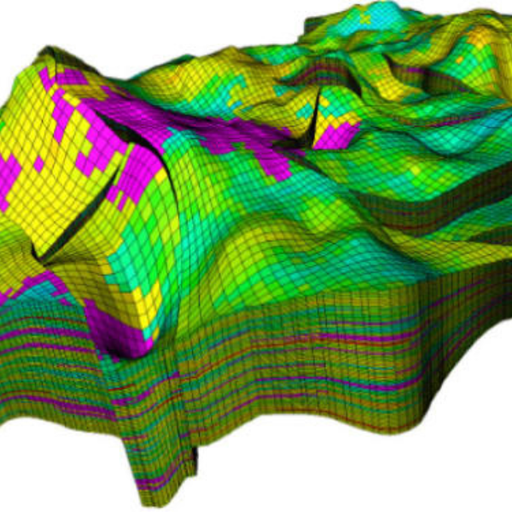
Description:
This course aims to develop knowledge and skills on understanding of advanced r eservoir fluid phase behavior and equation of state (EOS) modeling. This course is designed to be a practical course.
Contents:
- Fluid Phase Behavior & Basic PVT Properties
- Fluid Sampling & PVT Laboratory Measurements
- Laboratory Report and PVT data Quality Checks (QC)
- Cubic Equations of State (EOS)
- VLE Calculations & Intro to PVT simulators
- Fluid characterization with an equation of state (EOS)
- Compositional vs. black-oil modeling
- Black oil correlations
- Correlations and laboratory data to estimate PVT properties
- Traditional and modified black-oil PVT properties
- PVT EOS Simulation study
- PVT Special Studies
- Advances in Interfacial tension test
Designed For:Reservoir Engineers, Production engineers, Petroleum engineers, Researchers, and all technical staff working on the PVT analyses.
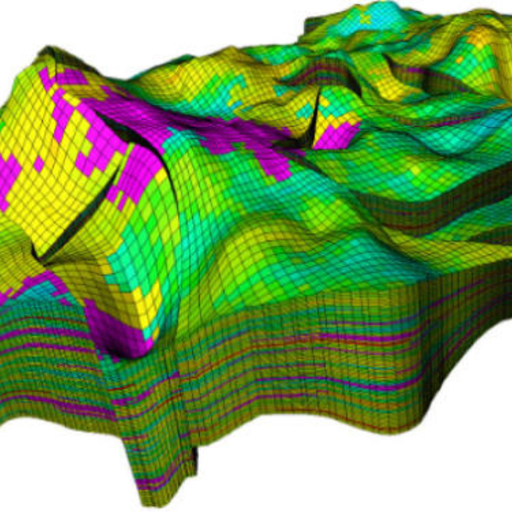
Description:
This course aims to cover a broad overview of the special core analysis (SCAL) concepts, from different laboratory experimental methods and techniques to the assessment of the laboratory results, then the development of representative reservoir properties to be used in classical reservoir engineering and numerical simulation reservoir models.
Contents:
- Reservoir Engineering and SCAL
- Coring Techniques
- SCAL Methods for Reserve Estimation and Model Initialization
- SCAL Methods for Reservoir Recovery
- Reservoir Characterization and Residual Saturations
- Specialized SCAL Methods
Designed For: All technical staff working on planning, performing, monitoring and using special core analyses for reservoir static and dynamic modelling
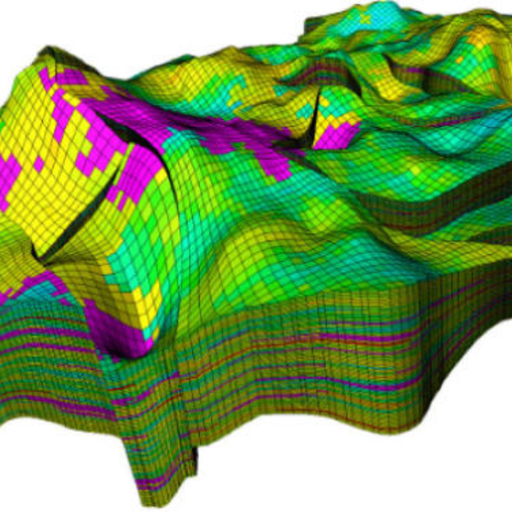
Description:
This course provides an understanding of the concepts and practices of well test analysis and the interpretation methods used to develop reservoir properties. Concepts and interpretation methods are accompanied and illustrated by numerous training exercises and practical field examples. Attendees are encouraged to bring interesting well test data for analysis and discussion in the class, using commercial software. A detailed course hand-out, which is an excellent reference, will be provided.
Contents:
- Fundamentals of well testing
- Well Test Analysis techniques
- Wellbore responses
- Reservoir models
- Boundary models
- Gas well testing
Designed For: Graduate reservoir engineers, petroleum engineers and all technical staff who are interested in well test interpretation.
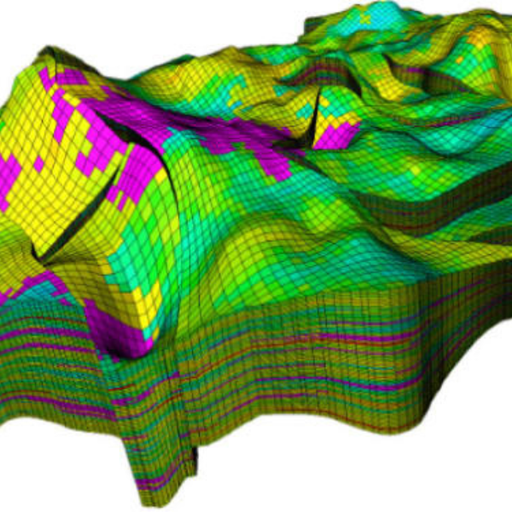
Description:
This course is designed to give an overview of the fundamental and practical aspects of reservoir simulation. This includes reservoir engineering concepts, mathematical concepts, derivation of reservoir flow equations, finite difference approximations, and their solutions, and applications to predict reservoir performance. The curriculum will be based on relevant case studies and is accompanied by numerous training exercises and practical field examples.
Contents:
- Introduction to reservoir simulation
- Numerical discretization of the fluid flow equation
- 3D-Full field simulation model for a real reservoir
Designed For: Geoscientists and engineers who are interested to deepen their knowledge and get a practical insight in dynamic reservoir simulation.
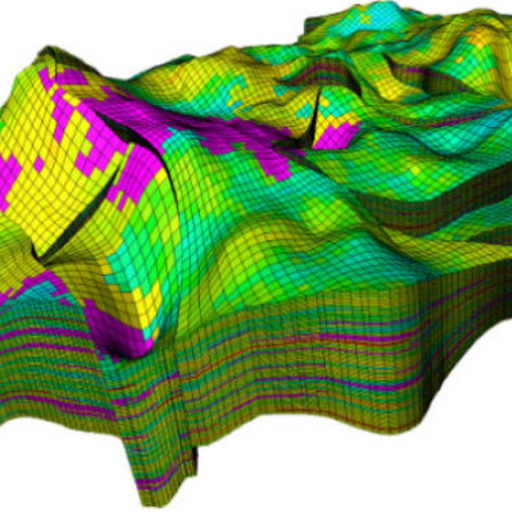
Description:
This course demonstrates the process of the integrated reservoir modeling starting from the geological model Incorporation into the dynamic model and up to different model prediction scenarios. This course is designed to be a practical course.
Contents:
- Introduction
- Static geological modeling
- Rock & Fluid Properties Integration
- Integration of production data through history matching process
- Well modeling
- Surface Models
Designed For: Geoscientists and engineers who are involved in reservoir modeling
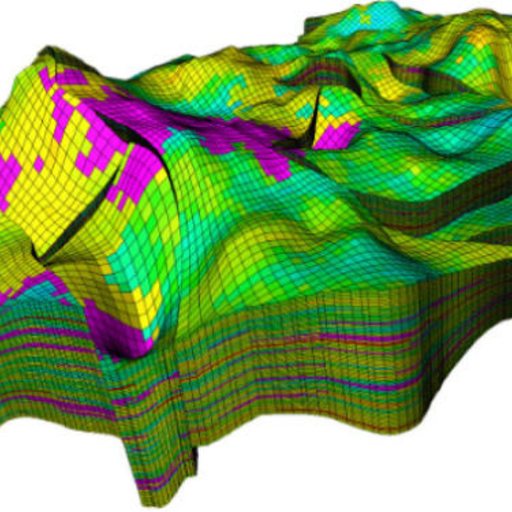
Description:
This course is designed to provide the fundamentals and principles of various enhanced oil recovery processes. A wide variety of topics will be presented including miscible and immiscible gas injection, chemical flood, and thermal flooding. These technologies will be discussed and guidelines will be presented for initial screening with each process corresponding to particular field conditions.
Contents:
- Overview of Enhanced Oil Recovery (EOR) Processes
- Reservoir Fluid Properties and Reservoir Characterization
- Chemical and Miscible EOR Techniques
- Thermal EOR Processes
- Other Advanced EOR Processes
Designed For: Geoscientists, reservoir engineers, petroleum engineers and production engineers who are interested in EOR projects.
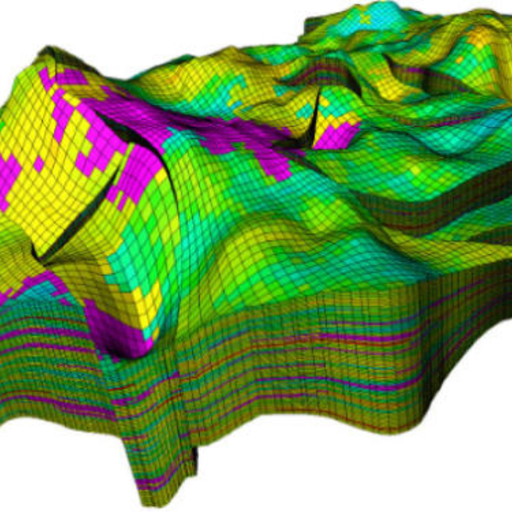
Description:
This course provides an in-depth understanding of the concepts and practices of advanced well test design and analysis used to improve interpretation skills by developing key reservoir parameters from well pressure transient tests. Interpretation methods will be applied to vertical and horizontal wells in homogeneous, layered, naturally and hydraulically fractured, and compartmentalized reservoirs. Numerous training exercises and practical field examples will be used throughout the course to reinforce the concepts and interpretation method. This course is designed to be a practical course.
Contents:
- Review of Fundamentals concepts of Well Test Analysis
- Modern Techniques of Well Test Analysis
- Well testing in Hydraulically Fractured Wells
- Gas Well Testing
- Well testing in Naturally Fractured Reservoirs
- Well testing in Multilayer and Composite Reservoirs
- Multiphase Flow, Multidate Tests, Partial completion
- Well testing in Slanted and Horizontal Wells
- Injection Well testing
- MDT Tool: Pressure Analysis
- Well Test Design
Designed For: Reservoir engineers, petroleum engineers, Well test engineers, Production engineers, other technical staff who are interested in applying advanced and modern interpretation techniques to analyze pressure transient tests.
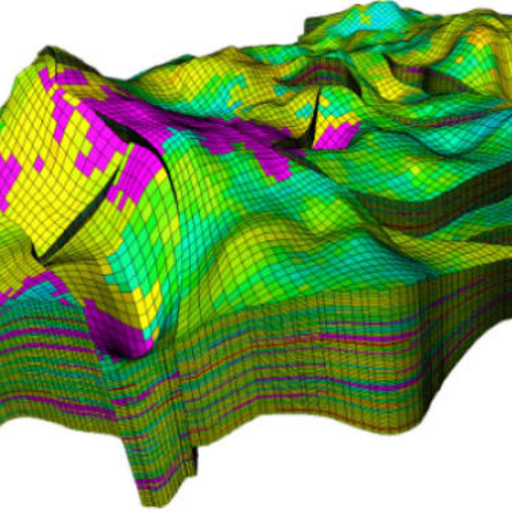
Description:
The aim of this course is to cover all the aspects required for a successful design, implementation, and operation of a water flooding project, including theoretical and operational practices.
Contents:
- Waterflood Data Management - Data Acquisition, Analysis and Integration
- Screening for Waterflooding
- Water injection system
- Recovery Processes
- Waterflood Design
- Waterflooding surveillance
- Case Studies
Designed For: Reservoir engineers, petroleum engineers and production engineers and other professionals who are involved in designing waterflood projects.
Our Clients
Shared Vision, Shared Success!
